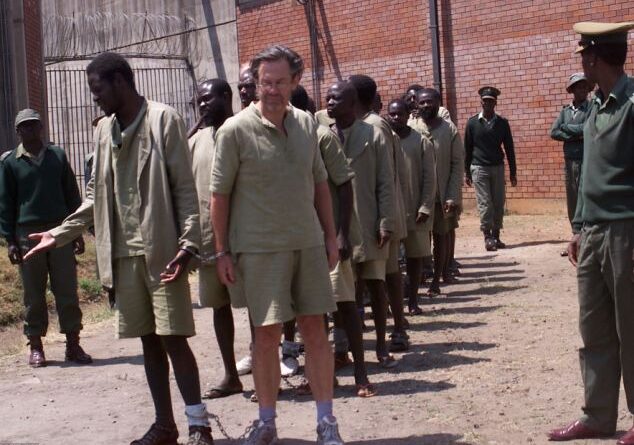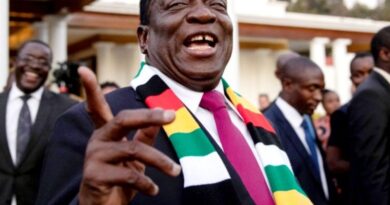President Mnangagwa pardons prisoners
President Emmerson Dambudzo Mnangagwa has issued a clemency order to de-congest national prisons and promote better living conditions.
A number of inmates are set to benefit from the release following a meticulous process of verifying potential beneficiaries.
While granting amnesty to several thousand prisoners may be seen as an act of humanity, the initiative is not without concern for populations who are wary of the early and collective release of individuals convicted of crimes and offences.
The Clemency Order gave amnesty to different categories of prisoners throughout Zimbabwe. Section 12(d) of the Clemency Order provides that some prisoners were to be excluded from the proposed general amnesty, including any inmate convicted of committing any specified offence.
The Zimbabwe Lawyers for Human Rights expressed great concern by the government’s decision to release some inmates, who include convicted sexual offenders, from the country’s prisons.
On 12 May 2023, President Mnangagwa gazetted Clemency Order No. 1 of 2023, where he exercised his prerogative of mercy to release some offenders from some jails located across the country in a move hailed by Zimbabwe Prisons and Correctional Services as aimed at reducing the prison population.
The Clemency Order gave amnesty to different categories of prisoners throughout Zimbabwe.
Section 12(d) of the Clemency Order provides that some prisoners were to be excluded from the proposed general amnesty, including any inmate convicted of committing any specified offence.
Section 13(c) of the Clemency Order provides that for the purpose of the amnesty: “specified offence” includes rape or any sexual offence.
However, in some sections of the same ‘Clemency Order’ President Mnangagwa’s Clemency Order provided exceptions, where inmates convicted of crimes that include rape and sexual offences would be granted amnesty.
Such exceptions included inmates aged 60 years old and above who would have effectively served one-tenth of their sentence to be released on amnesty.
ZLHR said it was shocked and disheartened that the release of sexual offenders significantly lowered the seriousness of sexual offences, considering that some of the sexual offenders were released having just served a tenth of their sentences.
“Some of the sexual offenders released after only serving prison terms of less than one year were quoted telling journalists during interviews that they had raped children as young as nine years old.
“It is abhorrent that most of these inmates were released into the same communities, where they committed the crimes and where their victims still reside. These offenders have a high propensity to re-offend, and the consequences will be catastrophic for individual victims, the victims’ families and the community,” said the human rights body.
ZLHR also noted that according to Zimbabwe Republic Police, there has been an increase in domestic violence cases which has seen the law enforcement agency recording a spike in the number of murder cases throughout the country and yet authorities have the audacity to release some dangerous offenders from prison.
While the Constitution provides that the President exercises the power of mercy under section 112, section 90(2)(c) of the Constitution provides amongst the duties of the President that he/she must ensure the protection of the fundamental human rights and freedoms and the rule of law.
Zwnews




